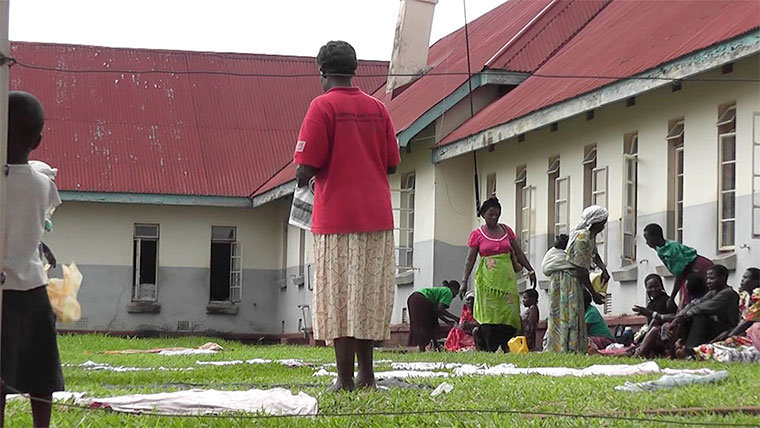The government said they reached this through a thorough study of barriers stopping people from accessing cancer care. These barriers have resulted in high death rates, especially among new cases.
Among the barriers which have led to wide disparities in cancer treatment are; gender norms, poverty and social economic factors such as transport as well as geographical divide and age.
Catherine Namulindwa, the UCI spokesperson, addressed the press in Kampala where she hinted on these barriers. She said the government chose to close the cancer care gap through a new national cancer control plan.
“In this, the Uganda Cancer Institute (UCI) plans to tackle the cancer challenge in Uganda by following seven pillars. Health promotion and cancer prevention; early detection, diagnosis and treatment; palliative care; cancer survivorship; cancer surveillance and research, policy and advocacy and special populations that include refugees and albinos,” she said.
She revealed how training, research capacity and increasing bed capacity at the UCI will help expand cancer care. The number of beds at UCI will be increased from 120 to 365.
Meanwhile, the public was also reminded that all care at UCI is provided free of charge.
In other news by NEWSLEXPOINT.com, Lions Clubs International injected a grant worth $2 million into the procurement of cancer drugs and equipping drug pharmacies in three African countries. This grant will benefit Uganda, Botswana and Malawi.
John Bosco Ntagare, the Governor, Lions Clubs of Uganda District 411B revealed this new development. He did so during a visit by Lions Clubs International to Mulago Hospital last Friday.
Check Also;
- Uganda To Benefit From $2 Million Cancer Drugs Grant Courtesy Of Lions Club International
- Uganda Cancer Institute Registers Increased Cases Of Cancer
- Thousands Of Patients With Heart Problems Overwhelm Heart Institute
Please use the button below to contribute to Newslex Point, Inc. using a credit card or via PayPal.

 Newslex Point News in Uganda, Uganda news
Newslex Point News in Uganda, Uganda news












